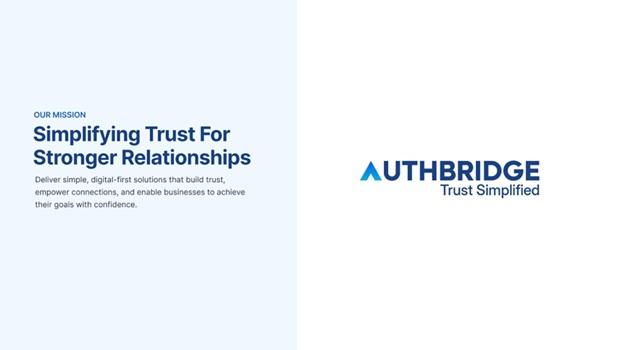The MSME (Micro, Small and Medium Enterprises) sector has been growing rapidly in India. According to the Ministry of MSME, Annual Report 20–21, it accounts for close to 30% of the GDP and provides employment to over 110 million people in the country. Being such a vital part of the economy, it is imperative for this sector to stay current and transform with changing times by leveraging digital technology to improve scalability and maximise efficiency.
Digitalisation in India has seen a steady increase since the Digital Mission in 2015 and has become more relevant after the Covid-19 pandemic. Research indicates that there would be about 40 per cent increase in internet users comprising of 750 – 800 million users and close to 700 million smartphone users till 2023 (McKinsey Report, 2019). India’s consumer digital economy is poised to grow by 10x reaching $800 billion by 2030, with Tier 2 and Tier 3 cities being key focus areas of this growth. Digital technology can significantly enable India’s MSME segment and will be the prime differentiator for a successful business.
Things To Consider For Growing Business Digitally
Even though going digital has benefits such as cost optimisation, streamlined processes, improved productivity, increased business agility, better customer experience, and improved data security, among others, MSMEs need help to make that switch. Lack of capital, limited knowledge, and an unskilled talent pool along with little or no guidance are some challenges that small businesses encounter in this ever-changing market. To navigate this tumultuous landscape and embrace digital innovation, below are some points that must be considered when going digital:
Prepare A Digital Business Blueprint
First outline what your business priorities are, and which processes of your business can be digitised to maximise cost-effect outcomes. Creating a digital business blueprint for the next three years is especially helpful for this – it lists your digital business vision, digital business model and digital business strategy.
Build An Effective Tech Adoption Strategy
Most MSMEs find it difficult to make the shift from manual to digital. However, digitalisation doesn’t have to be an expensive overhaul of existing services. Key areas of impact should be identified so that the right solutions are adopted gradually, in a phase-by-phase manner. A bi-yearly check-in to measure results and calculate effectivity is ideal to assess the impact of the shift.
Digitalise Business Tasks By Selecting The Right Tools
Improving daily tasks such as documentation management, internal communication channels, and collaboration between disparate teams will help streamline business processes. Since the pandemic, tools like Zoom, Teams, Google Meet, etc. have increased collaboration. Many SaaS tools with flexible subscription models can aid in project and content management to improve productivity and reduce operational costs.
Scale Up To Make Digital A Part Of Your Core Business Model
Over time, embrace mobile, social, analytics-based Cloud ERP applications to improve operational excellence and profits. For this, a strategic intent is required to select the best cloud ERP software which is affordable and easily integrated with the existing tools/software.
Embracing social commerce will also be imperative if it ties in with one’s business needs and goals. A recent survey highlighted that currently, 66% of MSMEs use social media as an online selling channel, with 49% saying they were keen on expanding or developing their own website or app (Paypal India Survey, 2021)
Focus On Customer Relationship Management And Product/Service Innovation
A credible payments platform and CRM tool will enable one to strengthen customer relationships through contextual interactions and boost customer service efforts with prompt responses, reducing response-time and improving customer experience.
To stay relevant and competitive in the market, it is also important to keep innovating. Innovation is what sets a business apart. Efforts on data-backed research and re-engineering using digital technologies will help in reimagining products and services to provide customers with a high value-add. Leveraging AR/VR/MR, AI/ML, IoT, Analytics, Cloud, Edge computing, and mobile technologies to define new customer services, channels, and product innovations can be the way forward.
To survive and get-ahead in a digital-first world, MSMEs need to embrace digital transformation. Leveraging digital technologies will help them to be fast, efficient and agile, and allow them to adopt ways to provide the best service levels at the lowest cost possible, ensuring maximum business growth.




